| |
This Google Custom Search looks only
in this website.
Letter to Daf Yomi Learners All Over the World
We see how tens of thousands of Jews have merited these days to complete the entire study of Shas according to the Daf Hayomi schedule and we have now come in the matter of adding the study of Mishnayos Seder Zeraim alongside the study of the daily Daf, a program already promoted by our rabbonim, the luminaries of the Diaspora.
The blessed initiative now suggested is to combine for the upcoming 63 days during which Maseches Brochos is being studied, the study of a daily perek from Seder Zeraim so as to complete the entire Seder Zeraim together with the Maseches Brochos. This study presents a tremendous advantage whereby the entire Seder Zeraim is covered alongside the study of Maseches Brochos which is, in effect, a complementary completion of Shas.
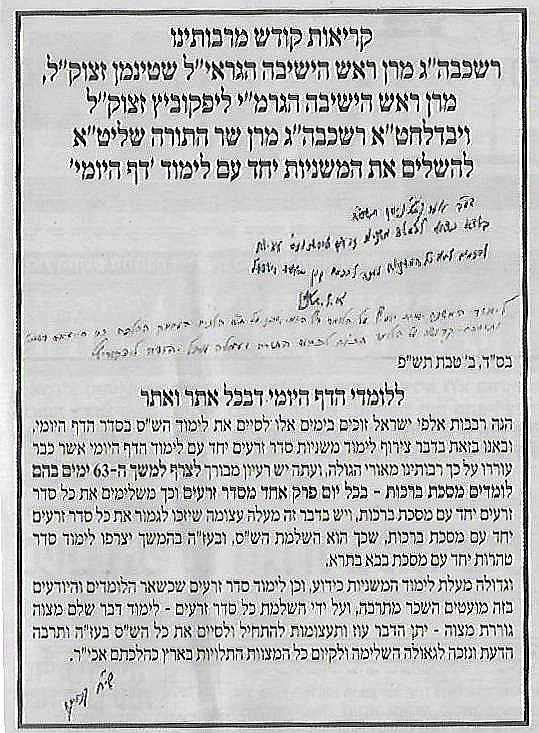
Shidduch Advice from Lev Echad
The rabbonim and advisors of the Lev Echad Advisory Hotline for Shidduchim met together with the president of the organization, HaRav Moshe Hillel Hirsch, rosh yeshiva of the Slobodka yeshiva, in order to discuss the variety of responses in the matter of shidduchim to questions which have arisen and been brought to the attention of the involved rabbonim and advisors who man the hotline.
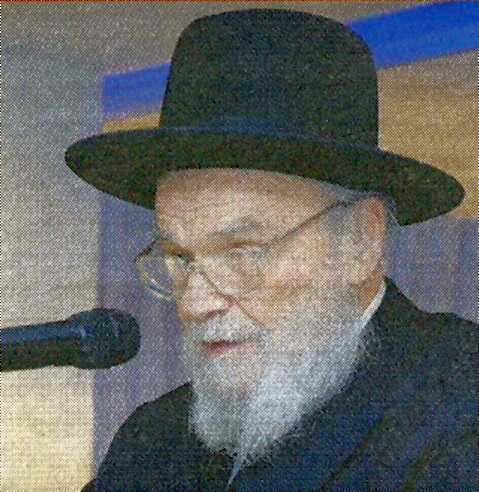
Burial Problems in Israel
An additional and dangerous breach in the burial tradition of Jewry has arisen in the form of a proposal that each year, remains of deceased be exhumed from their graves and placed in caskets, to be transferred to family plots under the guise of what was prevalent practice millennia ago as "likut atzomos." This drastic proposal is being presented by its initiators in a special meeting of the Planning Administration.
Thoughts about Rabbi Mordechai Arnon zt"l
Last Friday, Rabbi Mordechai Arnon passed way, far from the limelight, quietly, the same way he lived these past decades. We have lost one of the central figures of the amazing Teshuva movement.
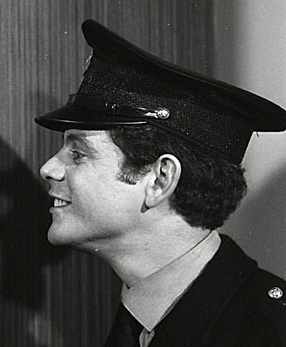
It is Raining and Pouring
Record amounts of rain: From the beginning of the rainfall of this past week, as of Monday already a record high of rain has been registered. This is an amount not seen in decades. A massive flow of water was measured in the Gaaton stream which reaches up until Nahariya, causing flooding of the city streets on Sunday of this week. The roads in the area are still closed to traffic until the debris of the flood is cleared.
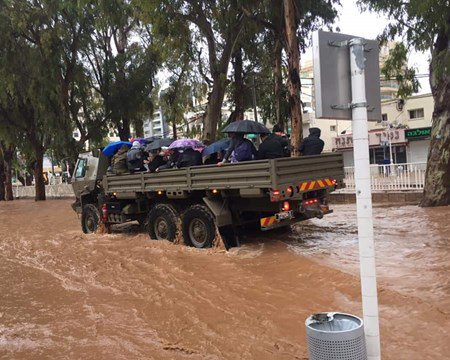
Hashkofo on the Situation in Eretz Yisroel after the Founding of the State
By HaRav Reuven Grozovsky zt'l
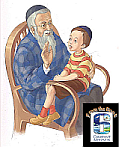
[An excerpt from Ba'ayos Hazman (Bnei Brak: Netzach Publishers, 5748), with the permission of the author's family and the publishers.]
HaRav Reuven Grozovsky, the son-in-law of the gaon HaRav Boruch Ber Leibowitz, rosh yeshivas Kaminetz, and later head of the Moetzes Gedolei HaTorah in America, was one of the outstanding leaders of Torah Jewry in America during World War II and thereafter. HaRav Yaakov Kamenetsky said that even his discussions of hashkofo were "mamash like a shiur." He clarified many of the issues of modern Jewry and presented them with clarity and comprehensiveness, as is evident in the selection that follows.
click here
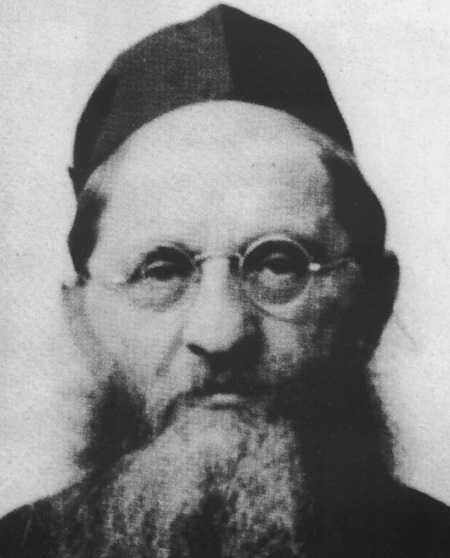
Rain and Kinneret Watch
by Dei'ah Vedibur
Staff
Our weekly report of the rain and the level of the Kineret -
Winter, 5780.
* * *
|
From Our Archives |
|
Learning From Your Talmid
by R' Zvi Zobin
"Said Rebbi: `I learned much from my Rebbeim, more from my colleagues, but most of all, I learned from my talmidim.' "
A recent study by a research team from the University of Florida has shown that students struggling with reading can improve their skills by tutoring younger students. The study found that over the seven month period of the research, the senior students improved their comprehension ability by an amount which would normally have taken them two years. Additionally, it would normally have taken them 16 months to improve their reading skills to the same extent as they did in those seven months. The researchers also reported that the students' vocabulary skills improved, as well as their overall attitude to reading.
|
|
Chessed Bread
a story by H. Regev
The big grandfather clock gonged loudly and R' Chanoch rose from his comfortable armchair, stretching his legs as he did so, before moving down the hall. As usual, his slipper caught on the broken tile near the entrance door and he swayed slightly before catching his balance again. The familiar, expected knock sounded. R' Chanoch knew that it would immediately follow the gong and had prepared himself in advance. He cleared his throat and called out, "Just a minute!" while looking through the peephole as a matter of habit, even though he knew exactly who was waiting on the other side, and turned the key in the lock.
The smile was all prepared in advance, like a familiar formula. His thin lips pulled to the sides and a warm smile spread over his lined face. Mrs. Groner, the next door neighbor, was standing there, energetic as always. In her hands she held a steaming tray which exuded a delicious aroma. "This is for you, Reb Chanoch. Enjoy!"
|
|
Tzurso Deshmayteso: The Heart of Learning
by HaRav Moshe Sh. Mayernik
The first part of this essay discussed the heart of what it means to learn and understand a part of Torah: acquiring a grasp of what Chazal call the tzurso deshmayteso. This is something that is difficult and important, as the author illustrated from halachas about beis din deliberations which show that the information can be written down but the grasp that the dayanim have of the tzurso deshmayteso may still be lost. He also cited some anecdotes from the work of the Chazon Ish which discuss the way he grasped a sugya while learning it and how he related to this later, for example by reviewing his written comments before issuing rulings on those matters on subsequent occasions.
The author called this grasp the form of a sugya in contrast to its matter, which is the collection of the pieces of information involved.
|
POPULAR
EDITORIALS
Av, 5765 - Kislev 5766 (August-December 2005)
May-July, 2005
|



